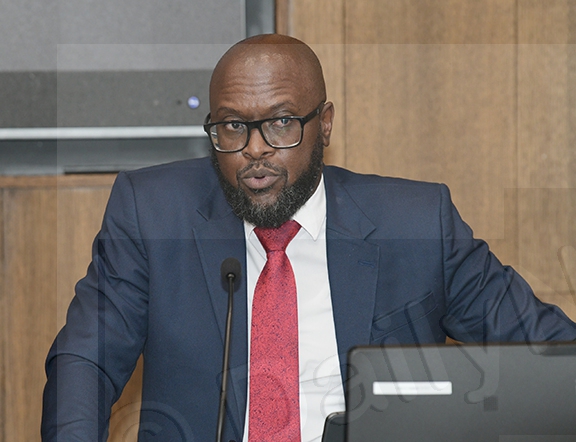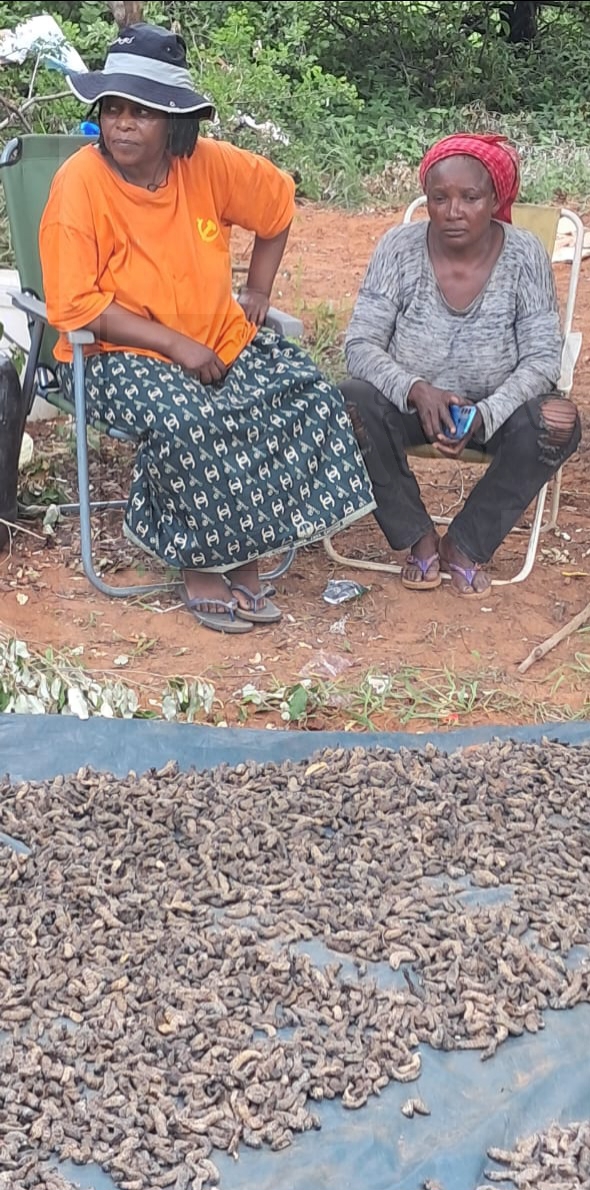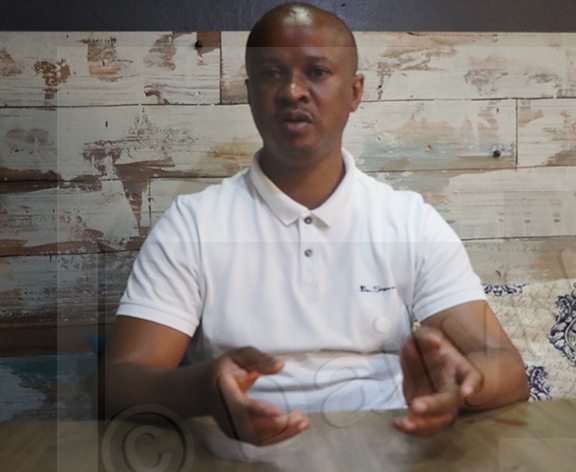MoA launches National Apiculture Strategy
26 May 2024
Ministry of Agriculture in collaboration with United Nations’ Food and Agriculture Organisation (FAO) have launched the National Apiculture Strategy of 2022 to 2027.
The strategy, which is a pragmatic roadmap grounded in scientific research, stakeholder consultation and the collective wisdom of beekeepers, outlines clear objectives, actionable strategies and measurable targets aimed at promoting sustainable beekeeping practices.
The strategy also emphasises conservation of the bee habitats and maximising the socio-economic benefits of apiculture.
“As we embark on the implementation of this strategy, let us remain steadfast in our commitment to its principles and goals. Let us strive to create an enabling environment for beekeepers to thrive to promote knowledge and knowledge sharing,” said the Assistant Minister of Agriculture, Mr Molebatsi Molebatsi during the National Apiculture Strategy launch in Selebi Phikwe on Thursday.
He urged all stakeholders to familiarise themselves with the strategy and contribute to the efforts of the ministry to commercialise the Apiculture sub-sector.
Mr Molebatsi, who is also the MP for Mmadinare, explained that the strategy would transform beekeeping into a competitive and sustainable industry, emphasising on creating synergies among the actors to achieve impact results in terms of increased production.
In addition to the strategy, he said MoA was due to implement a project called Refurbishment of Beekeeping Multiplication and Honey Processing Plants at Ramatlabama and Lobu.
The project will be implemented under a two-year Transitional National Development Plan, which was envisaged to improve the productivity and production levels of the sub-sector.
Furthermore, Mr Molebatsi highlighted that Debswana Diamond Company had partnered with MoA to launch a beekeeping project through which the company handed over equipment worth P215 000 to 13 beneficiaries from its zone of influence.
“My sincere appreciation also goes to Debswana mines and we recognise them as development partners,” he said.
He also appreciated FAO for the support they continued to offer MoA and the nation at large.
Touching on honey production, Mr Molebatsi said the country only produced 13 per cent of the national demand with deficit met through importation.
He attributed the low production of honey to an array of challenges such as production systems of honey, which had remained untransformed over the years, lack of product diversification, low level of entrepreneurship and low participation of the private sector.
The country imports around 255 tonnes of honey with the total monetary value of P16m.
Growth in the sub-sector, he said was restricted among others by limited access to finance or start-up capital, participation, inadequate knowledge and skills on commercial beekeeping production systems among value chain actors. Ends
Source : BOPA
Author : Kgotsofalang Botsang
Location : Selebi Phikwe
Event : Launch
Date : 26 May 2024





